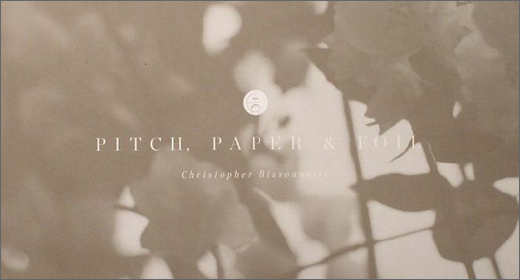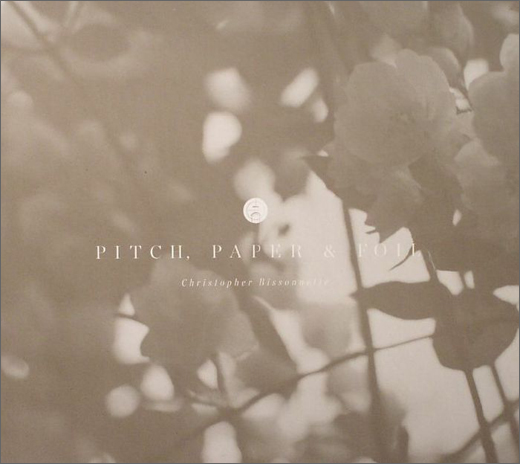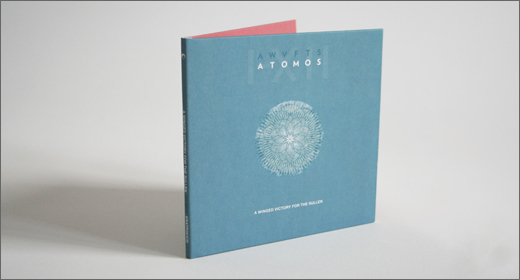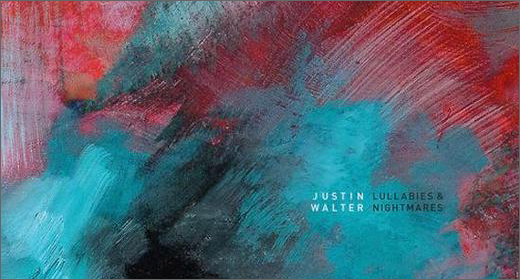Modular synthesis is more liable to unruly and unkempt behavior than delicate or subtle gesture, but here Bissonnette’s economy and deftness of touch make for a music of distinction.
Since his debut, Periphery, in 2005, Kranky Canadian, Christopher Bissonnette has extended his sonic lexis and production grammar, with digital synthesis, concrète, and field recordings in a palette richly evidenced on the likes of In Between Words (Kranky, 2008) and The Meridians of Longitude and Parallels of Latitude (Home Normal, 2011) (with David Wenngren). Recently, though, starting with Essays in Idleness (2014), he has chosen to limit his sound source to a self-built analog synthesizer. A seeming arrest of development in view of the widescreen possibilities of his digitally driven formative years, but Pitch, Paper & Foil embodies the virtues of limitation, making much of slender means and techniques of composition, and, though more reined in than ever, it reflects a kind of evolution—not just of modular synthesis prowess. Graduation to expert knob-twiddler status is evident, Bissonnette conjuring his heart’s desire from his device—a sort of naturalistic swirl that harks back to the early synth-jockeys while incorporating more contemporary composition and processing knowledge.
PP&F is broken up into eight pieces, each cleaving to a tonally similar style sheet: quietly blooming crystalline structures of compositional concision and filigree delicacy: a simple play of minimal pointillist motifs arcs and tilts serenely around a mode. Oscillators sing the body electric, pealing to reveal the Circe in their circuitry, shivering timbres whose inherent infidelities and artefacts—tape noise, distortion and random sequencing detritus—contribute to the final product’s expressive resonance. Only “Surcease” is distinct, as from a preceding lull its squiggles peek in and out of a simmering surface tension. It serves as a kind of halfway house, bringing the listener back round before further remotion. Though comparison with more fulsome varied previous work may be inimical, it might be said that PP&F is more truly experimental; a music of chance rather than error—its prism reflecting a quiet host of sound colors, radiating organic warmth in its serpentine synth-lines.
While the rise of the modular has brought a sort of increase in richer more vibrant high-definition synth sounds, its possibilities leading many contemporary analog-jammers to overload the soundfield. Modular synthesis is more liable to unruly and unkempt behavior than delicate or subtle gesture, but here Bissonnette’s economy and deftness of touch make for a music of distinction.
Pitch, Paper & Foil is out now on Kranky




























